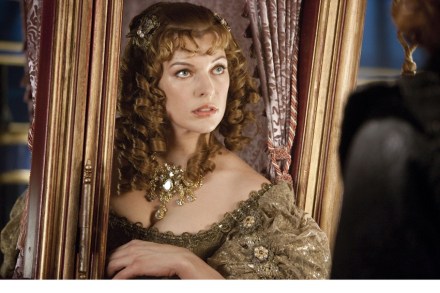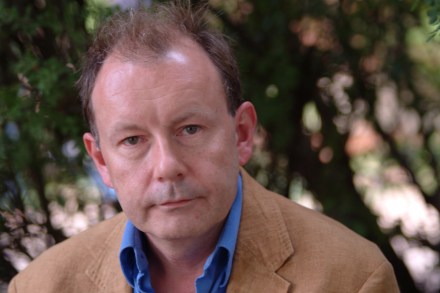Zilch to care about
So, The Three Musketeers, and one for all, and all for one, but I wish it were every man for himself, and they’d all decided to call it a day and go their separate ways. This is a film of no charm whatsoever and I’d advise you to steer clear, walk the other way, keep your money in your pocket, and do something else. Do your VAT return or change all the duvet covers or scour the grill pan that’s been ‘soaking’ for days and I promise you, not only will you have more fun, but one hour and 50 minutes will pass much more quickly, too. This is expensively








